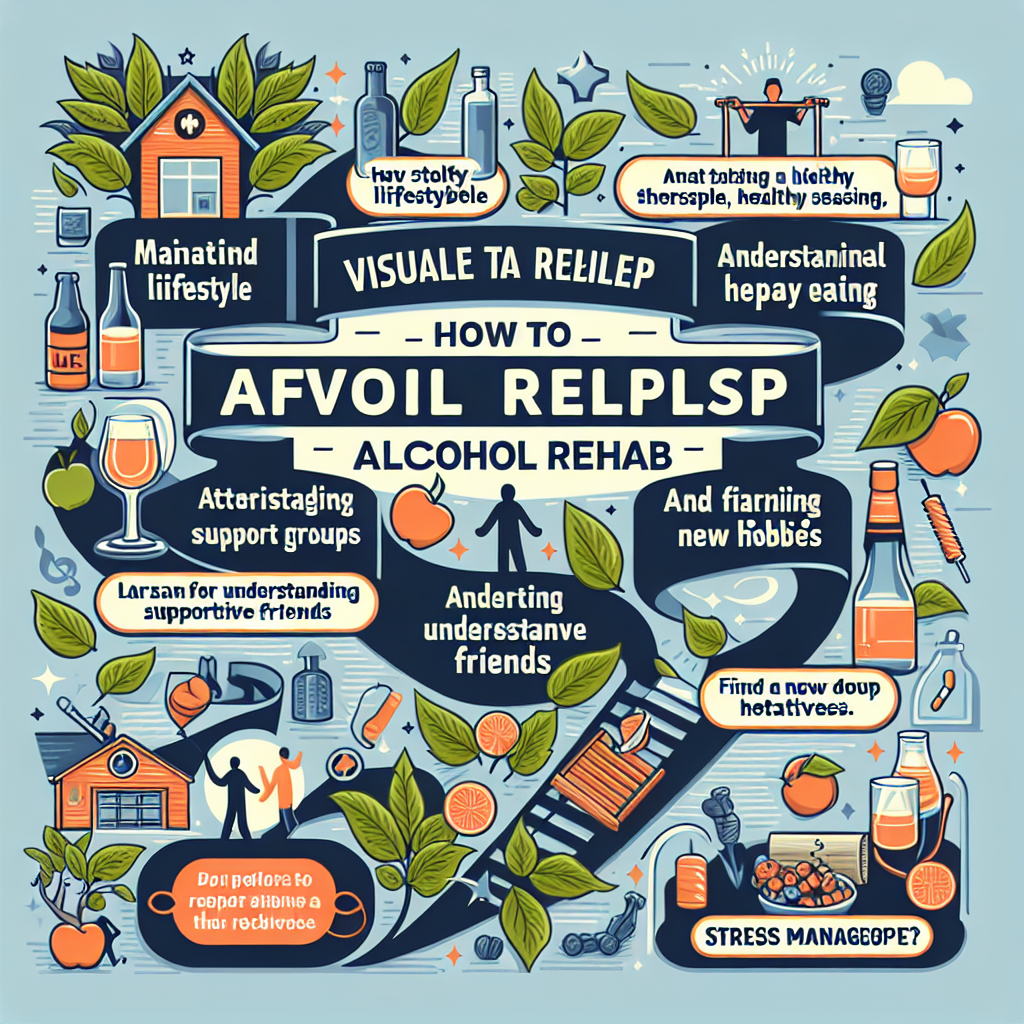-
Table of Contents
“Rediscover Life: Break Free from Cocaine Addiction with Expert Rehab Support.”
Introduction
Cocaine addiction is a serious and potentially life-threatening condition that affects countless individuals and their families. Seeking help through a rehabilitation program can be a crucial step towards recovery and a healthier, more fulfilling life. Rehab for cocaine addiction offers a structured environment where individuals can receive medical care, psychological support, and various therapies designed to address the root causes of addiction. These programs often include detoxification, counseling, behavioral therapy, and aftercare planning to ensure long-term success. By committing to a rehab program, individuals struggling with cocaine addiction can gain the tools and support needed to overcome their dependency and build a brighter future.
Understanding the Benefits of Rehab for Cocaine Addiction
Understanding the benefits of rehab for cocaine addiction can be a transformative step in the journey toward recovery. Cocaine addiction is a complex and challenging condition that affects not only the individual but also their loved ones. However, with the right support and treatment, it is possible to overcome this addiction and reclaim a healthier, more fulfilling life. Rehab for cocaine addiction offers a structured and supportive environment where individuals can focus on their recovery without the distractions and triggers of everyday life.
One of the primary benefits of rehab is the comprehensive approach to treatment. Rehab centers provide a range of therapies and services designed to address the physical, psychological, and emotional aspects of addiction. This holistic approach ensures that individuals receive the care they need to heal on all levels. For instance, medical detoxification is often the first step in rehab, helping individuals safely manage withdrawal symptoms under the supervision of healthcare professionals. This medical support is crucial in preventing complications and ensuring a smoother transition into the next phase of treatment.
In addition to medical care, rehab centers offer various forms of therapy to help individuals understand the root causes of their addiction and develop healthier coping mechanisms. Cognitive-behavioral therapy (CBT), for example, is a widely used approach that helps individuals identify and change negative thought patterns and behaviors associated with their addiction. Through CBT and other therapeutic modalities, individuals can gain insight into their addiction, learn to manage cravings, and develop strategies to prevent relapse.
Moreover, rehab provides a supportive community of peers who are also on the path to recovery. This sense of community can be incredibly empowering, as individuals realize they are not alone in their struggles. Group therapy sessions and support groups offer a safe space for individuals to share their experiences, gain encouragement, and build meaningful connections with others who understand what they are going through. This peer support can be a vital source of motivation and inspiration throughout the recovery process.
Another significant benefit of rehab is the focus on developing life skills that promote long-term sobriety. Rehab programs often include educational sessions on topics such as stress management, healthy relationships, and effective communication. These skills are essential for navigating the challenges of everyday life without resorting to substance use. By equipping individuals with the tools they need to handle stress and build positive relationships, rehab helps lay the foundation for a sustainable recovery.
Furthermore, rehab centers often provide aftercare planning to support individuals as they transition back into their daily lives. Aftercare may include ongoing therapy, support group meetings, and other resources to help individuals maintain their sobriety and continue their personal growth. This ongoing support is crucial in helping individuals stay on track and avoid relapse.
In conclusion, rehab for cocaine addiction offers a comprehensive and supportive approach to recovery that addresses the physical, psychological, and emotional aspects of addiction. By providing medical care, therapy, peer support, life skills training, and aftercare planning, rehab centers empower individuals to overcome their addiction and build a healthier, more fulfilling life. If you or a loved one is struggling with cocaine addiction, seeking help from a rehab center can be a life-changing decision that sets you on the path to recovery and a brighter future.
How Rehab Programs Tailor Treatment for Cocaine Addiction
Rehabilitation programs for cocaine addiction are designed to address the unique challenges that come with this specific form of substance abuse. These programs recognize that each individual’s journey to recovery is distinct, and therefore, they tailor their treatment approaches to meet the specific needs of each person. By doing so, they increase the likelihood of successful recovery and long-term sobriety.
One of the first steps in a tailored rehab program is a comprehensive assessment. This evaluation helps to identify the severity of the addiction, any co-occurring mental health disorders, and other personal factors that may influence the treatment plan. By understanding the full scope of an individual’s situation, rehab professionals can create a customized plan that addresses all aspects of their addiction and overall well-being.
Following the assessment, detoxification is often the next critical phase. Cocaine withdrawal can be particularly challenging, with symptoms ranging from intense cravings and fatigue to severe depression and anxiety. Medical supervision during detox ensures that individuals are safe and as comfortable as possible while their bodies rid themselves of the drug. This phase is crucial as it lays the foundation for the subsequent stages of treatment.
Once detox is complete, the focus shifts to therapy and counseling. Cognitive-behavioral therapy (CBT) is a common approach used in cocaine addiction treatment. CBT helps individuals understand the thought patterns and behaviors that contribute to their addiction. By identifying these triggers, individuals can develop healthier coping mechanisms and strategies to avoid relapse. Additionally, motivational interviewing is often employed to help individuals find the internal motivation needed to commit to their recovery journey.
Group therapy is another integral component of tailored rehab programs. Sharing experiences with others who are facing similar challenges can provide a sense of community and support. It helps individuals realize that they are not alone in their struggles and that recovery is possible. Group sessions also offer opportunities to learn from others’ experiences and gain new perspectives on managing addiction.
Family involvement is also a key element in many rehab programs. Addiction often affects not just the individual but also their loved ones. Family therapy sessions can help repair relationships, improve communication, and create a supportive home environment that fosters recovery. By involving family members in the treatment process, rehab programs ensure that individuals have a strong support system once they leave the facility.
Holistic therapies are increasingly being incorporated into tailored rehab programs. These therapies, which may include yoga, meditation, art therapy, and acupuncture, address the mind, body, and spirit. They provide additional tools for managing stress, reducing cravings, and promoting overall well-being. By integrating these holistic approaches, rehab programs offer a more comprehensive treatment experience that supports long-term recovery.
Aftercare planning is another crucial aspect of tailored rehab programs. Recovery does not end when an individual leaves the rehab facility. Ongoing support is essential to maintaining sobriety. Rehab programs often provide resources such as outpatient therapy, support groups, and relapse prevention strategies to help individuals navigate the challenges of post-rehab life. By offering continued support, these programs help individuals stay on track and build a fulfilling, drug-free life.
In conclusion, rehab programs for cocaine addiction are meticulously designed to cater to the unique needs of each individual. Through comprehensive assessments, personalized therapy, family involvement, holistic approaches, and robust aftercare planning, these programs provide a solid foundation for recovery. By addressing the multifaceted nature of addiction, tailored rehab programs inspire hope and empower individuals to reclaim their lives from the grip of cocaine addiction.
Q&A
1. **Question:** Can rehab for cocaine addiction provide medical detoxification?
**Answer:** Yes, rehab for cocaine addiction often includes medical detoxification to manage withdrawal symptoms safely.
2. **Question:** Does rehab for cocaine addiction offer therapy and counseling?
**Answer:** Yes, rehab for cocaine addiction typically offers various forms of therapy and counseling to address the psychological aspects of addiction.
Conclusion
Rehab for cocaine addiction can provide structured support, medical care, and therapeutic interventions that significantly increase the chances of successful recovery. It offers a safe environment to detox, addresses underlying psychological issues, and equips individuals with coping strategies to prevent relapse, ultimately helping them regain control over their lives.



